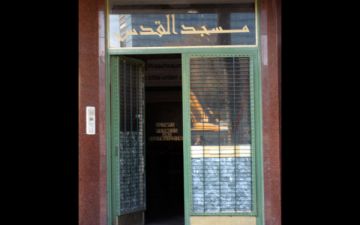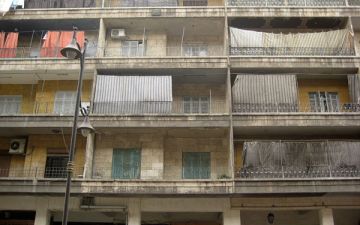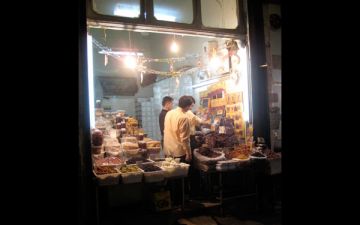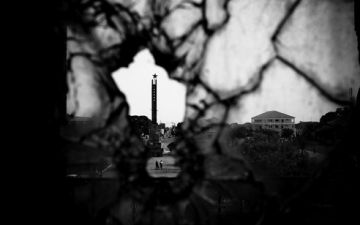Ghost Schools
Primary education is compulsory in Pakistan, and the country has a large public school system. But many of these schools are just marginally functional. Corruption is rampant, teachers play hooky, and some schools exist only on paper. The problems are so widespread that the term "ghost school" has become a household phrase.
Jessica Partnow reports from Karachi.







